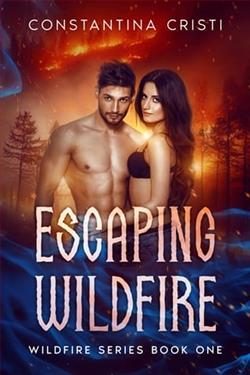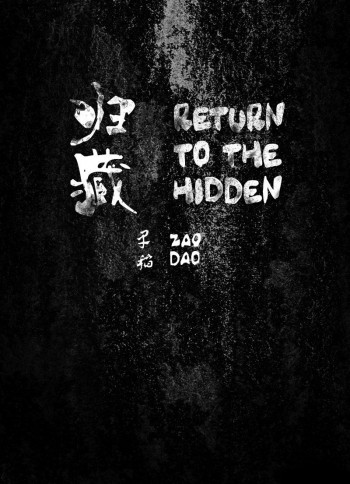Martial Peak Reviews
Escaping Wildfire, penned by Constantina Cristi, emerges as a compelling narrative intricately weaving themes of resilience, personal growth, and the stark realism of combating natural disasters. The book, while fictional, feels eerily pertinent in today's climate-ravage context, making it not only a captivating read but also a poignant reminder of the caprices of nature and human tenacity.
The storyline centers around the life of protagonist Elaine Mercier, a fire ecologist, whose deep understanding and respect for fire as a natural process is juxtaposed against her fierce determination to protect her community from its destructive force. As wildfires encroach annually on her small town nestled on the edge of California's forests, Elaine's role becomes crucial yet increasingly complex. Cristi does an exceptional job crafting Elaine as a multi-dimensional character—she is not just a scientist but also a single mother grappling with the challenges of raising a teen son in a hazard-prone zone.
The narrative begins with a gripping scene as Elaine and her team face a rapidly spreading wildfire. From the onset, Cristi masterfully captures the urgency and peril inherent in such disasters with rich, visceral descriptions that plunge readers directly into the heart of chaotic evacuations and daunting rescue operations. The detailed, almost cinematic depictions of the fire's unpredictable nature and the smoke-filled skies set a dramatic tone that persists throughout the novel.
As we delve deeper, Escaping Wildfire explores the emotional and psychological impacts of living under constant threat. Elaine’s interactions with her son, Alex, and her aging father, who resists leaving the home he built despite the danger, add a profound layer to the narrative, broadening the scope from mere survival to what it means to hold on to normalcy and loved ones amidst despair.
Elaine's professional life is wrought with challenges, too, including pushback from local landowners and politicians who question her fire prevention strategies. Cristi deftly handles these conflicts, presenting a realistic look at the obstacles faced by those advocating for and implementing scientifically backed, though sometimes politically unpopular, approaches to land and fire management.
A noteworthy aspect of Cristi’s writing is her ability to seamlessly incorporate well-researched data and technology related to wildfire fighting and prevention into the story. This not only educates the reader but also enhances the authenticity of the narrative. Techniques like controlled burns and the debates surrounding them are presented through compelling dialogue and scenarios, making the information digestible and integral to the plot development.
The emotional pulse of the book is palpable as relationships are tested by natural calamity and the subsequent decisions that Elaine must make. Her romantic entanglement with a fellow firefighter provides a tender counterbalance to the relentless pace of emergency response depicted. Cristi intelligently uses this subplot to explore vulnerabilities, drawing a parallel between personal and environmental scars, both seeking healing.
Tension escalates towards the climax where Cristi conjoins personal loss, ethical dilemmas, and the overarching theme of climate change into a harrowing yet enlightening resolution. The climax, without giving away spoilers, is both devastating and illuminative, forcing characters and readers alike to reconsider their perspectives on human interaction with nature.
The denouement leaves an indelible mark, offering a glimmer of hope and recovery. Here, Cristi’s prose shines as she delves into the rebirth that follows destruction in both the natural world and human lives. The narrative closes on a reflective note, subtly urging a dialogue about sustainability, resilience, and our responsibilities to our communities and the environment.
In conclusion, Escaping Wildfire is a novel that encapsulates not only the physical fervor of battling a palpable threat but also delves deep into the psychological and societal challenges that arise from such crises. Constantina Cristi’s novel is a profound testament to the strength of human spirit and the complexity of our bond with nature, crafted beautifully through her formidable narrative skills. It is a recommendable read for those who appreciate stories of survival, the intricacies of human relationships, and a realistic portrayal of the socio-environmental issues of our time.
























Reviews 0
Post a Reviews: